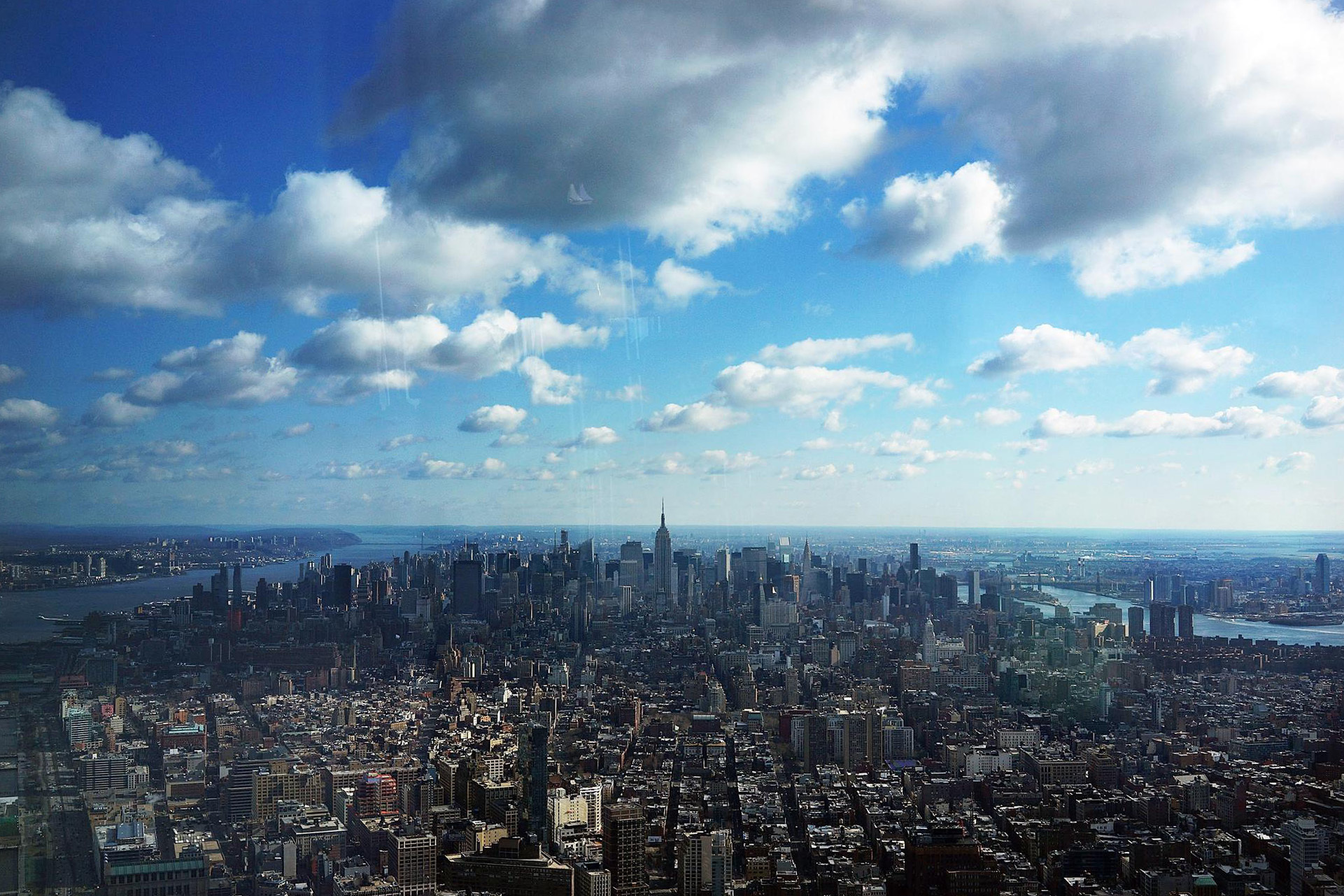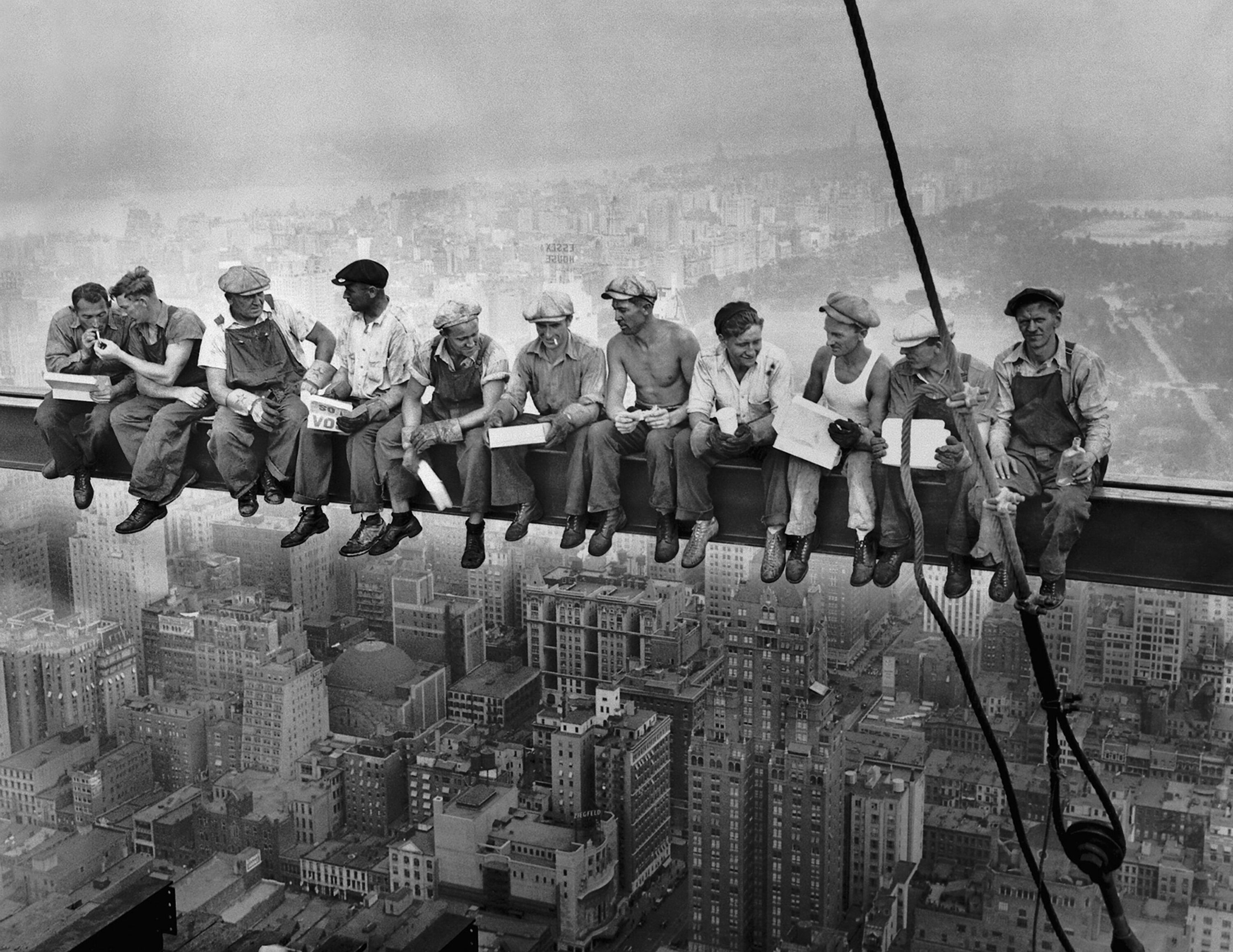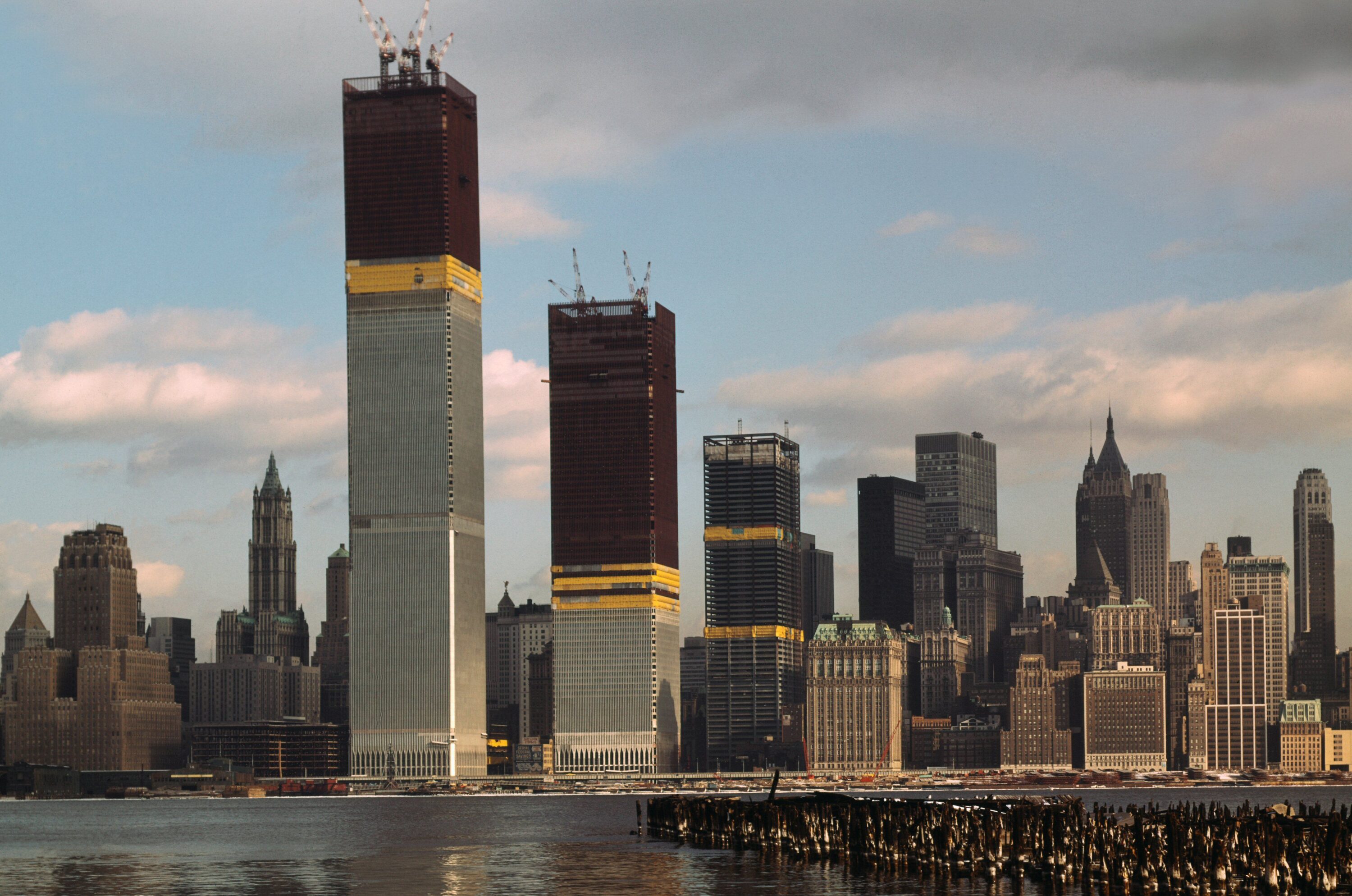New York: A Documentary Film
Back to Films

The Emmy Award–winning eight-part public television series on the history of New York City, conceived and written by James Sanders and Ric Burns.
Produced by Steeplechase Films and directed by Ric Burns, New York: A Documentary Film is an eight-part, 17½-hour public television series, written by James Sanders and Ric Burns, chronicling the story of New York across over four centuries and four hundred square miles. The 1999 broadcast of the first five episodes was viewed by 19.4 million households across America, making it the third-most popular PBS documentary series of its kind in history. The series received the Alfred I. duPont award, an Emmy Award, and two Emmy nominations. Two new episodes, “The Future of Cities, Parts 1 & 2,” are currently in production for national broadcast in late 2024.
A companion volume by Sanders and Burns, New York: An Illustrated History, published by Alfred A. Knopf in 1999 and in a revised and expanded editions in English and German in 2003, has sold 125,000 copies and remains a bestseller to this day.
Daily News
Variety
#Interpreting the City

Unlike any television series before it about an American city, New York was produced for a national audience, and thus sought to present the crucial role of the city in shaping the entire country and, however imperfectly, reflecting its ideals. The first five episodes, broadcast in 1999, offered an urban “biography” whose narrative kept audiences engaged across a three- century sweep of the city’s history, from the founding of New Amsterdam in 1624 to the completion of the Empire State Building in 1931. The Financial Times dubbed it “a sleek urban rhapsody,” while NBC”s Brian Williams declared, “the New York series raises the bar and sets the standard.”

The series’ sixth and seventh episodes carried the story of New York from the early 1930s to the 2000s, including the city’s decades-long struggle with the impact of the automobile—embodied by the epic career of the master-builder Robert Moses (above)—and the stunning social and economic decline and renaissance of New York in the second half of the 20th century. The two episodes aired on PBS just three weeks after the September 11th attacks—and each were watched by nearly six million households. “Two illuminating episodes,” the Wall Street Journal declared, “that…can stand on their own as documentary filmmaking at its best.”

Airing in September 2003, the series’ eighth episode, “The Center of the World,” a portrait of the rise and fall of the World Trade Center, offered a powerful portrait of the events of 9/11 as well as the full history of the famed structures—from their planning and construction in the early 1960s to the start of their redevelopment four decades later. “Aiming as high as the iconic towers it celebrates, criticizes and mourns,” Matt Roush wrote in TV Guide, ‘The Center of the World’ is a majestically composed eulogy, a rhapsody in steel. The sweep may be epic, but the storytelling is personal and intimate, making for an often exhilarating —though ultimately terribly sad—viewing experience.”
Watch New York: A Documentary Film on Amazon, here.